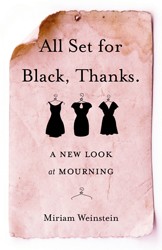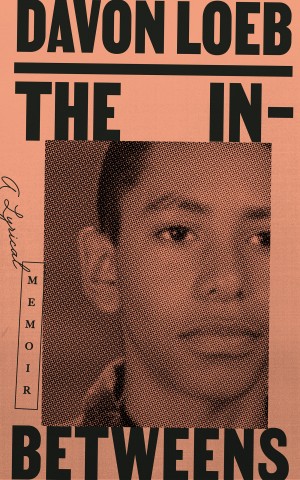Few German Jews who fled from the Nazis returned to their homeland after the war. Stefanie Zweig’s family was among the few. This novel, like the preceding one about the family’s exile in Kenya, Nowhere in Africa, which was made into an Oscar-winning film, is based on her own experiences. While it picks up on the story of the family’s African exile, with frequent flashbacks, a knowledge of the previous book or film is not necessary for a reader of this book.
The father of the family is an attorney who longed to get back to his old profession, though his wife and daughter would have preferred to stay in Africa. He ultimately becomes a successful lawyer with such celebrities as Otto Frank, Anne Frank’s father, among his clients. The beginning of the story is especially riveting in its evocation of Frankfurt after the war, with its bombed-out streets, shortage of food, lack of housing, and the awkwardness of being Jewish among the former Jew haters and Jew murderers, many of whom turned out to be decent people with whom it wasn’t hard to get along. The narrative has an authentic ring to it, with all the subtleties of everyday relations. The older child, the teenage daughter Regina, has a hard time adjusting and in her homesickness for Africa sometimes talks Swahili with her beloved father. But we also learn of her little brother’s first encounter with German anti-Semitism at school. We get glimpses of the Jewish community in Frankfurt as it becomes prosperous in Germany’s flourishing economy. Regina grows up and becomes a German girl, as the country goes from rags to riches after the currency reform and the so-called “economic miracle.” The parents’ eccentricities supply color and comic relief. There are such problems as how to find Jewish husbands for Jewish daughters in a country where there aren’t many eligible young Jews. The common solution for those who can afford it is to send the girls for a year to another country. But Regina yearns for independence, refuses to go husband-hunting in England and instead starts a career as a journalist. Her first love affair is with an older man.
But there remains a certain unease about living in Germany. Only with the news of the Mau Mau uprising in Kenya does Regina’s nostalgia for the country of her childhood change and she becomes reconciled to the family’s return from Africa.
The book ends with the father’s death. Its only flaw is its lack of narrative tension in the second part. The family is shown to be almost too loyal and likeable, with all their conflicts only fake conflicts. Still, this is a vivid and differentiated picture of Jewish life in postwar Germany.
Rachel Kamin has been a synagogue librarian and Jewish educator for over twenty-five years and has worked at North Suburban Synagogue Beth El in Highland Park, IL since 2008, currently serving as the Director of Lifelong Learning. A past chair of the Sydney Taylor Book Award Committee and past editor of Book Reviews for Children & Teens for the Association of Jewish Libraries News & Reviews, her articles and book reviews appear in numerous publications. She has been a member of the American Library Association’s Sophie Brody Book Award Committee since 2021.





